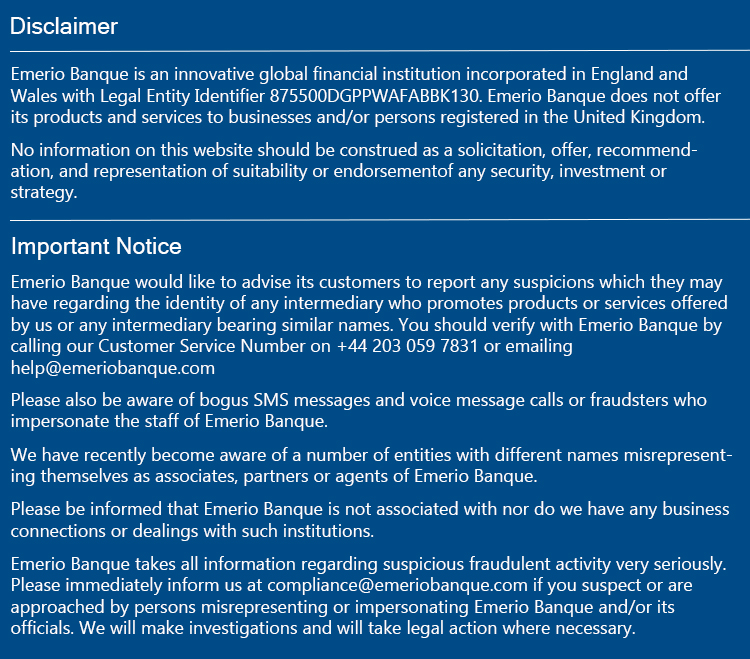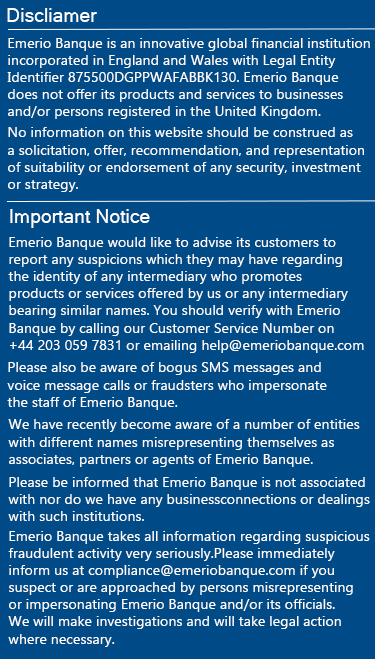Singapore: Sanctions Clauses And Trade Finance – Recent Further Guidance From The International Chamber Of Commerce
Adhering to sanction laws can be a tough ask at times, the primary reason being the varied existence of sanctions. Beyond the set sanctions, which are imposed by the UNSC (United Nation Security Council), each nation has different sanction persons and even countries.
Banks generally want to operate by keeping themselves secure at all points. An apt example would be a bank in Singapore will not only try to adhere to the sanction’s laws of the country with which it is in a transaction. Instead, it will also try to abide by the sanctions of, say the UK, if it continually does business with the said nation.
This brings in a lot of complexity in the process of compliance with sanction laws. Firstly, companies need to deal with a lot of paperwork to ensure that it complies with the sanction laws. Plus, it has to do all that it can, to ensure it does not miss out on sanction laws imposed on the other countries.
The screening process here is no way benign and straightforward. The bank has to hire a small group of analysts to manually go ahead with the screening process. It is partly automated and partly manual.
In the automated process, the results can be gained in the form of false positives. So, then the manual screening kicks in to authenticate the genuineness of the hit.
Generally, a genuine positive hit enables the bank to sway away from any obligations beforehand. Banks explicitly roll out legal documents, stating that it is not obliged to stick with the contract, if following the contract would mean trespassing the sanctioned laws.
The changing nature of the sanction laws across the globe seems to be an enticing reason to draft a sanction clause with a wider scope. To put it simply, a Singapore bank would like to stay away from the obligation to a borrower if sanction laws are levied not just in Singapore but also in the US. Even if the transaction does not factor in any US element.
Sanction clauses can be perceived as the non-documented conditions included for Uniform Rules for Demand Guarantees (URDG) and Uniform Customs and Practice (UCP). Banks operating under the sanctions clause verify the document provided for payment to ensure that it conforms with the push to abide by the obligation and make payment.
Now, this brings a lot of complexities, which begins with screening the involved parties' name for verifying the nature of the document. Further investigating at length, the outcomes of the screening, which is no simple task, takes time and effort.
Taking note of the restrictions under which the banks have to operate its trade financing activity, the ICC has introduced a short addendum to its 2014 Guidance Paper on the use of Sanctions Clauses, highlighting the key problem. Referring to issues that come up, while adhering to the documentation under the UCP and URDG due to the sanction laws.
The ICC (International Chamber of Commerce) instructed banks to avoid adopting the sanction clause that creates an obligation to pay based on a reference point that goes beyond the standard statutory requirement. If required to include such a clause, it should be clearly mentioned.
Other news
-
18.11.2020
US, China, And EU To Restructure Post Pandemic World Economy: Says Moody’s Analysis
-
17.11.2020
ADB And Seabank Partnered to Expand Trade Finance in Vietnam
-
10.11.2020
ITC Launch Trade Finance Guide For SME Importers And Exporters
-
06.11.2020
African Trade Finance Banks Urge MDBs To Take On Greater Levels Of Risk
-
04.11.2020
Russian Alfa-Bank Is The First Bank To Sign Contour International Trade Finance Network
-
02.11.2020
BIS Innovation Hub And The Hong Kong Monetary Authority Announce Techchallenge Winners
-
30.10.2020
Wipro To Buy Chennai Firm Encore Theme
-
28.10.2020
Report on Trade Finance Market - Global Market Key Players 2020 – Citigroup, BNP Paribas, ICBC, China Exim Bank - Analysis and Forecast to 2026
-
26.10.2020
ICICI Customers Can Now Execute Trade Finance Services Via Whatsapp
-
16.10.2020
Singapore Authorities Take A Major Step On Trade Finance Fraud By Eliminating Paper-based Transactions
Exchange Rates
- 21.11.2020
- Find out more



